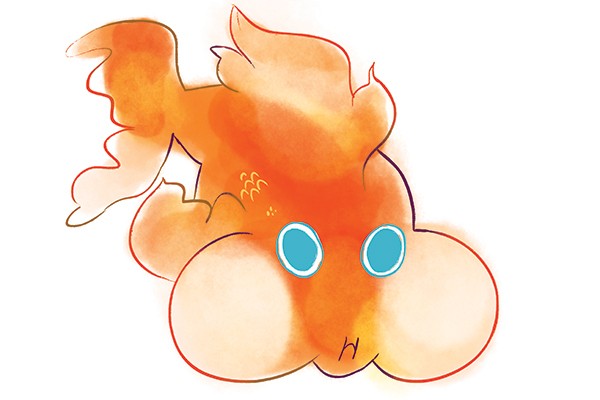Try to hold your breath as long as you can. How’d you go? 1 minute, 2? Pathetic. You’ve a long way to go, sport.
The record for static apnea, also known as holding one’s breath, currently stands at a casual 11 minutes 54 seconds, and is held by Serbian Branko Petrović, who is also a suspected seahorse on his days off. Static apnea does not allow for the use of oxygen in preparation, whereas the Guinness World Record for breath holding does - which is why that particular record is a whopping 24 minutes and 3 seconds, held by Spaniard Aleix Segura.
It’s often assumed that our ability to hold our breath, along with our hairlessness and subcutaneous fat, is a throwback to an aquatic phase of development, but the “aquatic ape theory” doesn’t hold enough evidence. However, we do have the “mammalian dive reflex”, which is triggered by cold water touching your face - and responds by lowering your heart rate, which is why breath holding is far more successful in water. The way in which people manage to hold their breath for these lengths of time is pretty simple - the less oxygen you can use, the more time you can hold your breath, and breathing pure oxygen for a while directly before an attempt is the way it’s done.
Magician David Blaine, who broke the Guinness World Record back in 2008, described his rigorous preparation for the stunt in a TEDMED talk. He had to drop thirty pounds of body weight and increase muscle training in order to eliminate body fat and get his resting heart rate as low as possible, while training every day to hold his breath. He spent 48 minutes out of 55 holding his breath every morning, by alternating one minute of purging with 5.5 minutes of breath holding. Purging is the art of removing as much CO2 from your respiratory system as possible - pretty much just hyperventilating. When you hold your breath, the CO2 that you would otherwise be exhaling instead accumulates and makes your blood acidic, which is why we get to that break point where we feel like our lungs will burst if we don’t breathe.
Blaine refrained from eating before the attempt, to slow down his metabolism, and he managed to get his resting heart rate down to an incredible 38 bpm, dropping it as low as 12 bpm while holding his breath. He also slept in a hypoxic tent every night, which simulates an altitude of 15, 000 feet (pretty much Everest base camp) in order to build red blood cells in the body to assist in carrying oxygen further. All of this, combined with breathing pure oxygen before the feat, was what won him his record on Oprah, and he now probably lives underwater somewhere, thankful that he never got brain damage from his feat.






